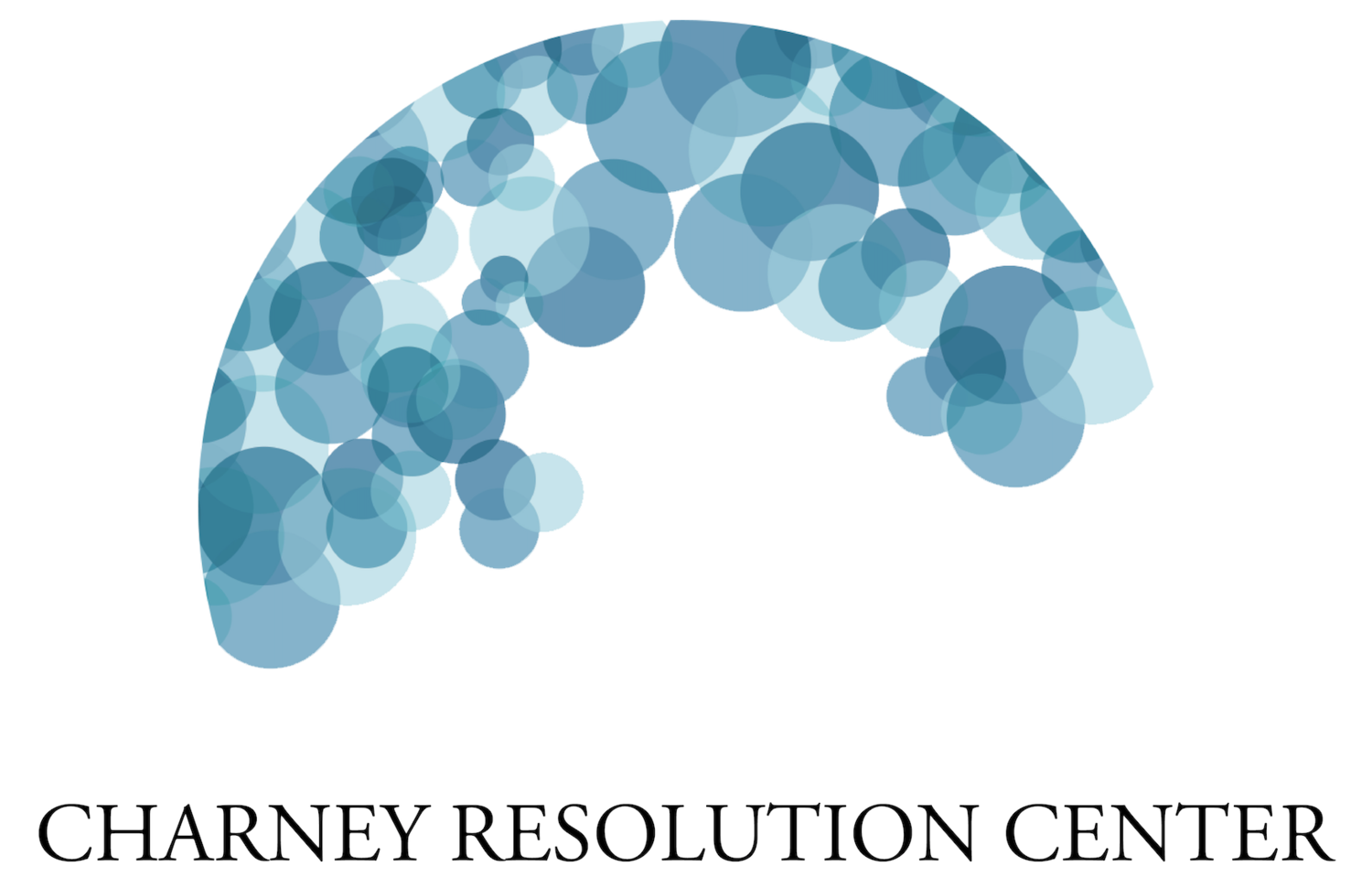Exactly 100 years after Mussolini took control over Italy, around 500 protesters in Genova are chanting ‘Resistiamo!’. ‘We resist!’. They are waving LBGTQI+ flags and slogans in favor of abortion rights and refugees. A grey cloud covers Piazza de Ferrari and their faces seemed scared and worried.
Giorgia Meloni was just proclaimed prime minister, having won 26% of votes and being the leader of the coalition that obtained the majority in both houses of the Parliament. Meloni is the first Italian woman to be elected in this position and leads the most extreme right-wing government since Mussolini’s dictatorship. Meloni is the leader of Fratelli d’Italia, a party that is a combination of nationalism, authoritarianism and Euro-scepticism (source). This party was born from the ashes of Alleanza Nazionale, the political heir of Mussolini’s fascist party. Meloni’s government alliance also includes also Lega and Forza Italia, two slightly smaller conservative parties.
The protest was organized by a few student associations and by the ANPI, the Italian association of WWII partisans. These people are worried due to the nationalistic, sovereignist and xenophobic ideology of the new government. They know that minorities of any kind, whether it be immigrants, LBGTQI+ members, or anyone who doesn’t fit a traditional idea of Italy, will not be protected. Piazza de Ferrari, the main square of Genova, is surrounded by riot police, who seem to be ready to go to war.
But why are these people so worried? I would like to introduce the concept of democratic backsliding, which is the deterioration of qualities associated with democratic governance. A state is fully democratic only if all of its citizens are protected and have equal rights. Despite the fascist ideologies of some of the members of the new government, the protesters are not worried don’t think Meloni will turn Italy into a dictatorship: they are worried that personal liberties and minorities will be under attack
Meloni’s politics is deeply nationalistic, based on representing an Italian identity rooted in Christianity. She represents those people that feel threatened by the idea of a multi-cultural and laic Italian society, which according to them would undermine their own identity. Hence, Meloni’s fierce opposition to immigration, abortion and LBGTQI+ rights.
Many of the slogans of the protesters refer to the right of abortion, instituted in 1978 through a referendum. This law, called ‘194’, was criticized in several occasions by representatives of Meloni's party. While it seems hard that Meloni will manage to abolish this law, there is evidence that she intends to increase the obstacles to performing an abortion. In the region of Marche, where Fratelli d’Italia has been governing for 2 years, abortion can only be performed in hospitals and not also in private clinics like in the rest of Italy. In October 2021 Fratelli d’Italia voted against the ‘DDL Zan’, a law that was meant to protect citizens against homo-transophobic crimes, saying it promotes a so-called ‘gender theory’.
They also promised to build a naval block in front of the coast of Lybia to prevent boats of refugees from reaching Italy’s coast. We can expect new anti-i2mmigrant policies to be introduced, similarly to what Matteo Salvini, leader of the 2nd party of the coalition, did in 2018 with the ‘decreto sicurezza’. Those laws made it much harder for refugees to obtain asylum and criminalized the work of humanitarian NGOs. The use of executive power to limit the work of the NGOs is an alarming sign, as the role of civil society is fundamental in a functioning democracy.
Finally, the language used by the members of this government towards immigrants has consistently been racist and xenophobic. The use of racial minorities as scapegoating is a typical behavior of right-wing populist parties and also a sign of democratic backsliding. Having self-declared fascist might slowly change the norms of what is deemed as acceptable behaviour. The new government just elected Fontana and La Russa as leaders of the Senat and the House of Representative. The first repeatedly defended Putin’s autocratic tendencies while the second is a declared fascist nostalgic. People with extreme right-wing ideologies might now feel more legitimized to commit hate crimes. This was seen in 2018, when a far-right militant shot 6 immigrants on the street. Salvini and other right-wing politicians defended the extremist by saying that he felt threatened by these foreigners.
The risk of democratic backsliding is evident and people are worried for their freedom and safety. It is scary to think how many people voted for these extremist politicians and how they now have the executive power to suppress minorities and promote a retrograde image of Italy. The protest ended with the crowd singing ‘Bella Ciao’, a famous chant sang by partisans at the end of WWII. This gave me a pinch of hope during dark and worrying political times.

